|
New
Releases |
January 16, 2026

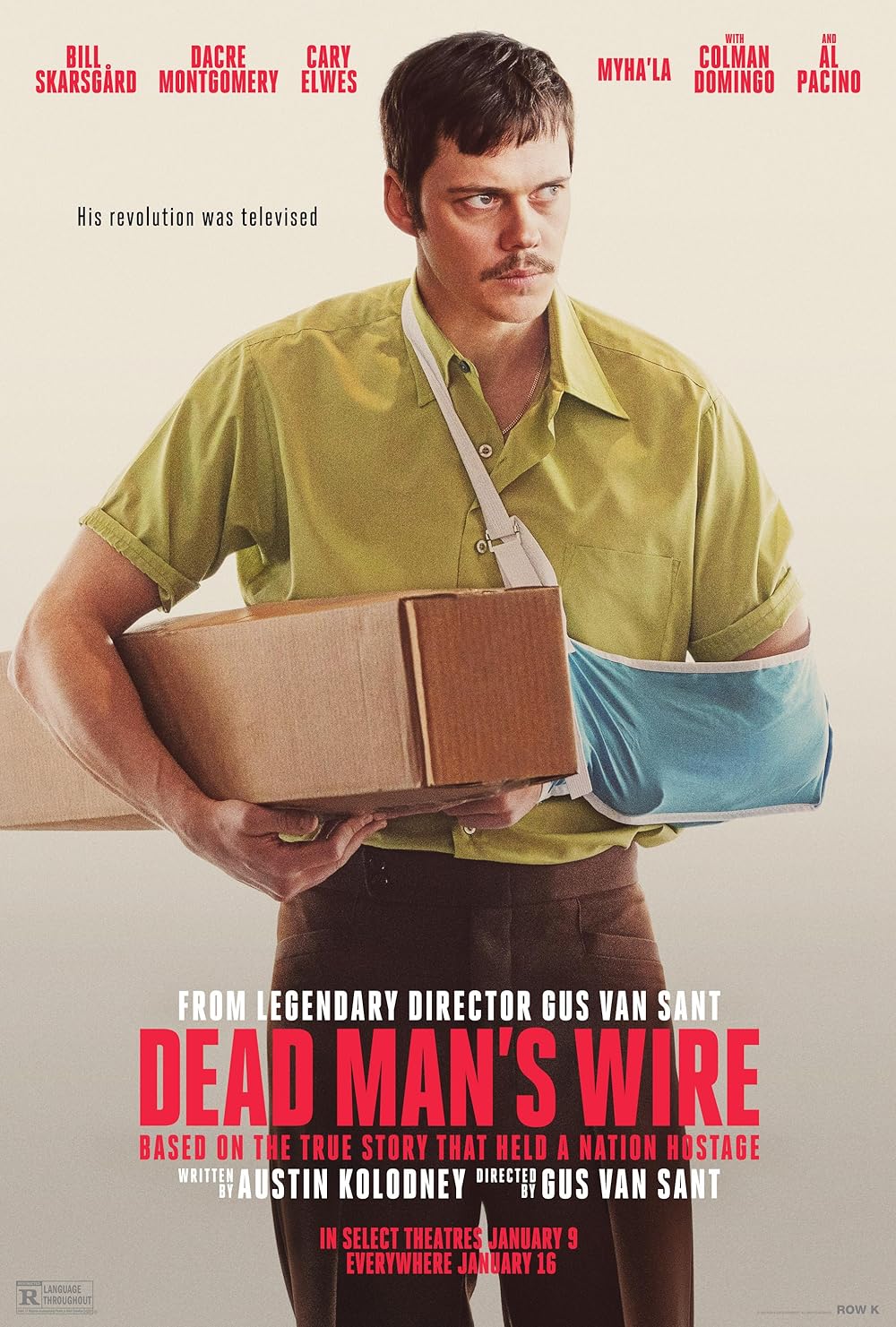

 |
January 9, 2026

 |
January 2, 2026

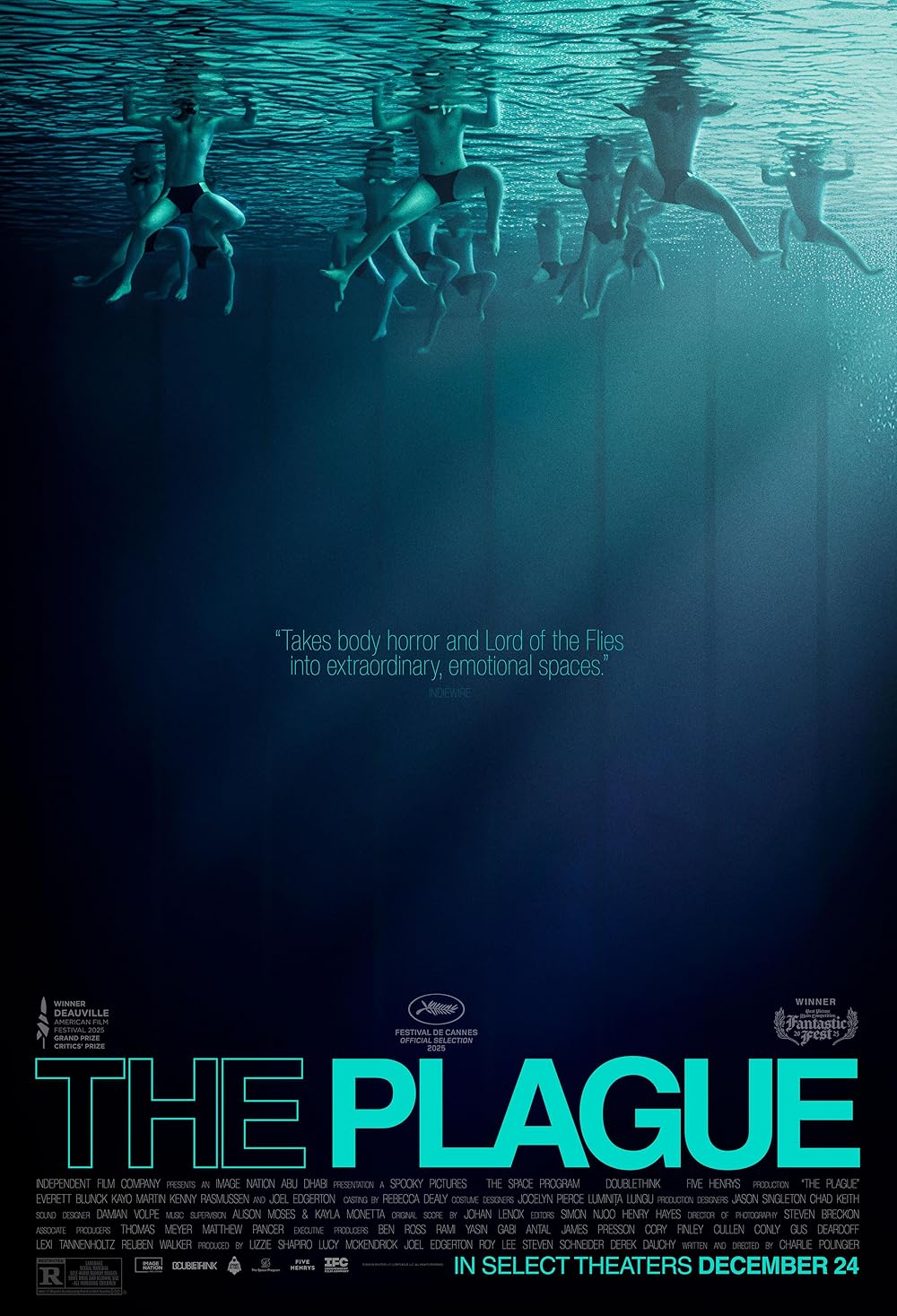
 |
December 26, 2025





 |
December 19, 2025


 |
December 12, 2025
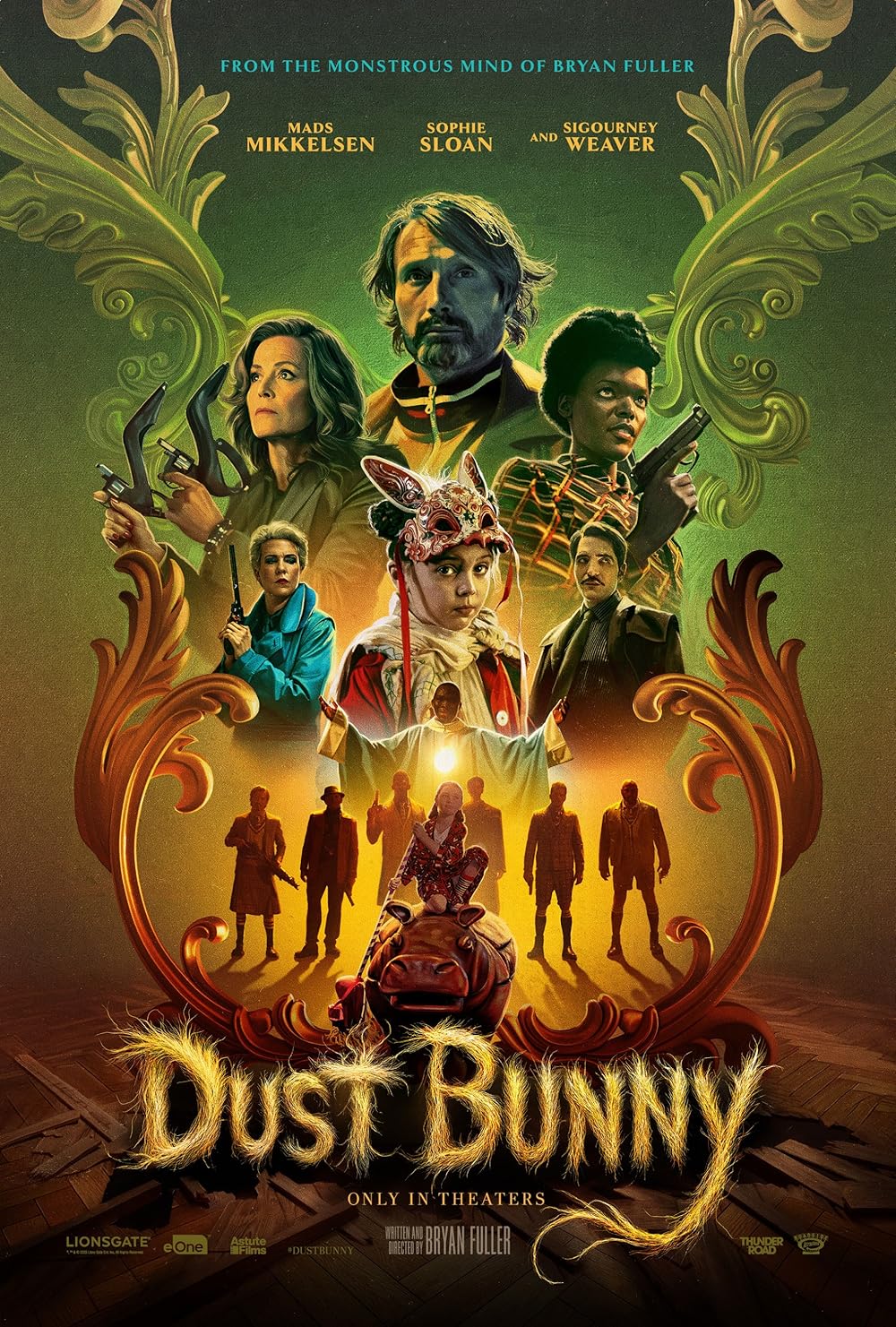

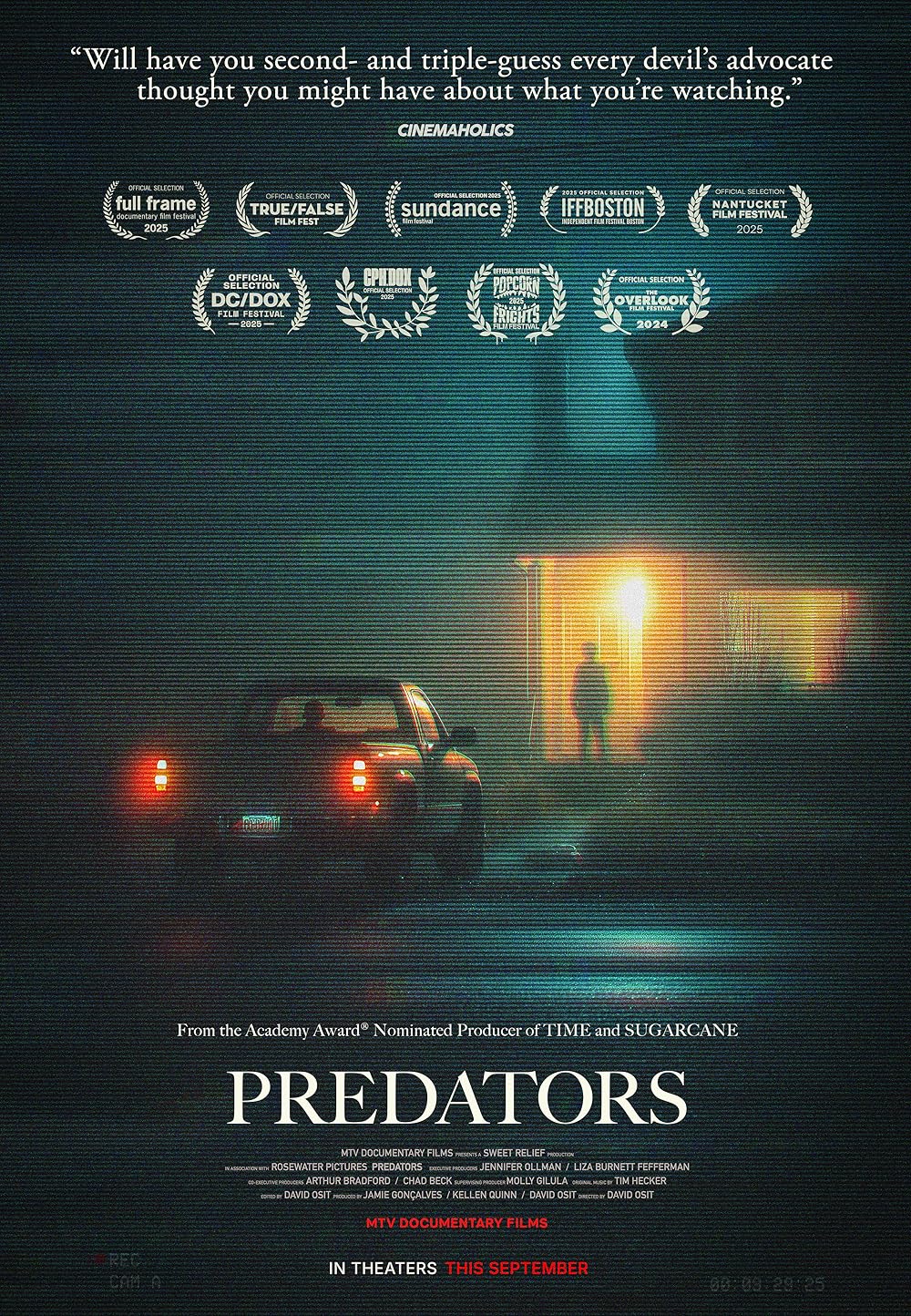
 |
December 5, 2025






 |
|
|
|
Babies
(2010)
Directed by
Thomas Balmes

Review by
Zach Saltz
Posted - 7/11/10
Thomas Balmes’
Babies cannot quite solidify
itself in the murky ambiguous distance between serious ethnographic
documentary and sentimental Hallmark greeting card. The result is
ultimately what the viewer chooses to take away from it – whether scenes
of baby Hattie running away from singing Native American chants in her
San Francisco music class should be read as Western over-parenting
leading to spoiled, attention-deficit laden, constantly stimulated
children, or whether it’s just “cute.”
Of course, no documentary that devotes itself
entirely to capturing images of babies sleeping, eating, trying to walk,
cooing, crying, and learning to say “mama” can take that much of a
serious beef with claims that it is sentimental. But Balmes does
seem to be saying something beneath that poop-and-vomit-stained surface:
Despite the claims by child psychologists, the shrewd early education
moguls behind Baby Einstein, the talking babies on the E-Trade
commercials, and Maggie Gyllenhaal in Away We Go, babies nowadays
are still pretty much happy and content, regardless of the
socio-economic circumstances of the worlds they are brought into.
But perhaps I’m being too glib and “adult.”
Babies examines the first year in life of four infants from
across the globe – two from poor, rural regions (Ponijao, from Namibia,
and Bayarjargal, from Mongolia), and two from wealthy, urban areas
(Mari, from Tokyo, and Hattie, from San Francisco). Ponijao and Bayar
spend a considerably greater amount of time on their own than do their
first-world counterparts. Ponijao drinks water from a pond like a
dog. Bayar gets beat up by his big brother. No Ritalin is
prescribed (on camera, at least) and the only baby that gets seriously
injured over the course of the film is Hattie, when her father foolishly
pushes her tricycle into a sandbox at the park (there’s no denying
American dads are stupider than non-American dads). As products of
generations of western overprotective parenting, we may recoil at the
sight of newborn Bayar being taken home from the hospital on a dirt bike
through the grassland carrying his entire family. Or the notion of
baby Ponijao reaching for the genitalia of her friends, or breastfeeding
from someone other than her mother. But relax. Believe it or
not, just because an infant doesn’t have a mass-manufactured Iron Man or
Barbie doll with which to play does not necessarily sentence it to an
unhappy life ahead.
Not that Balmes’ point here is that direct or
simple. If there is a point to Babies, it’s that all
newborns are pretty remarkable in their natural desire to learn and
advance. Present-day America is a society where the goal is to
make as much profit possible from doing as little actual work as
possible. Infancy perhaps represents the last time in our lives
when the craving to grow and intake new experiences is not coerced out
of us through external motivators (good grades, personal profit,
physical appearance). In the world of babies, the competition is
for mommy’s milk, not a promotion, and it’s OK to cry. And
disappointment or failure isn’t met with salary cuts, demotions, or
accusations of fraud, but with “awws” and collective “how cute!”s.
Therefore, perhaps it is ironic that all these
thoughts came to me while watching a movie that required no real active
thought at all while watching it. But lo, am I not a mere product
of an over-medicated, over-caffeinated, over-stimulated western
childhood? Nonetheless, I’d still choose my Tickle-Me-Elmo over a
wooden stick any day.
The “performances” of the babies are all uniformly
spectacular. Baby Mari, in particular, has a natural flair for the
dramatic, especially when she throws a diva-sized rant when she cannot
operate her toy. Dan Kois of the Village Voice in his
review of the film hails Baby Bayar as a Mongolian Ben Stiller.
Maybe that’s a bit of a stretch, but it’s true that he does provide most
of the Babies’ comic relief (at least when we’re not laughing at
the cluelessness of Hattie’s Mother Earth parents). He certainly
is cute for a little Focker.
Rating:

|
|
New
Reviews |
Reactions to the Nominations

Written Article - Todd |
2026 Oscar Predictions: Final

Written Article - Todd |
Todd Most Anticipated #5

Podcast Featured Review |

Podcast Review - Todd |

Podcast Review - Terry |

Podcast Review - Zach |
10th Anniversary
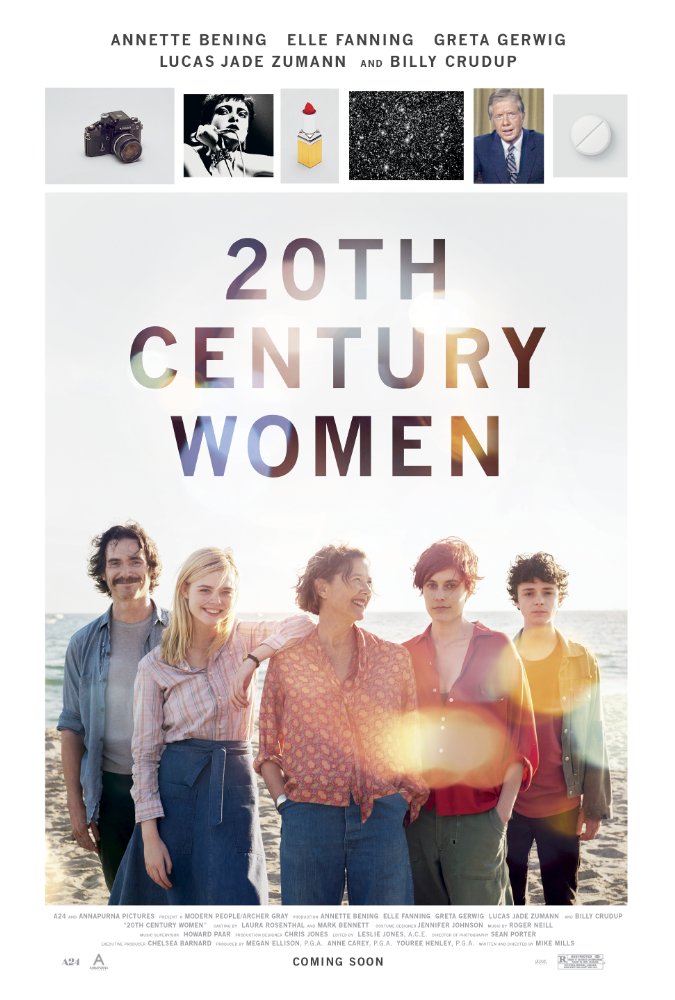
Podcast Oscar Review - Terry |
Director Blindspot Watch
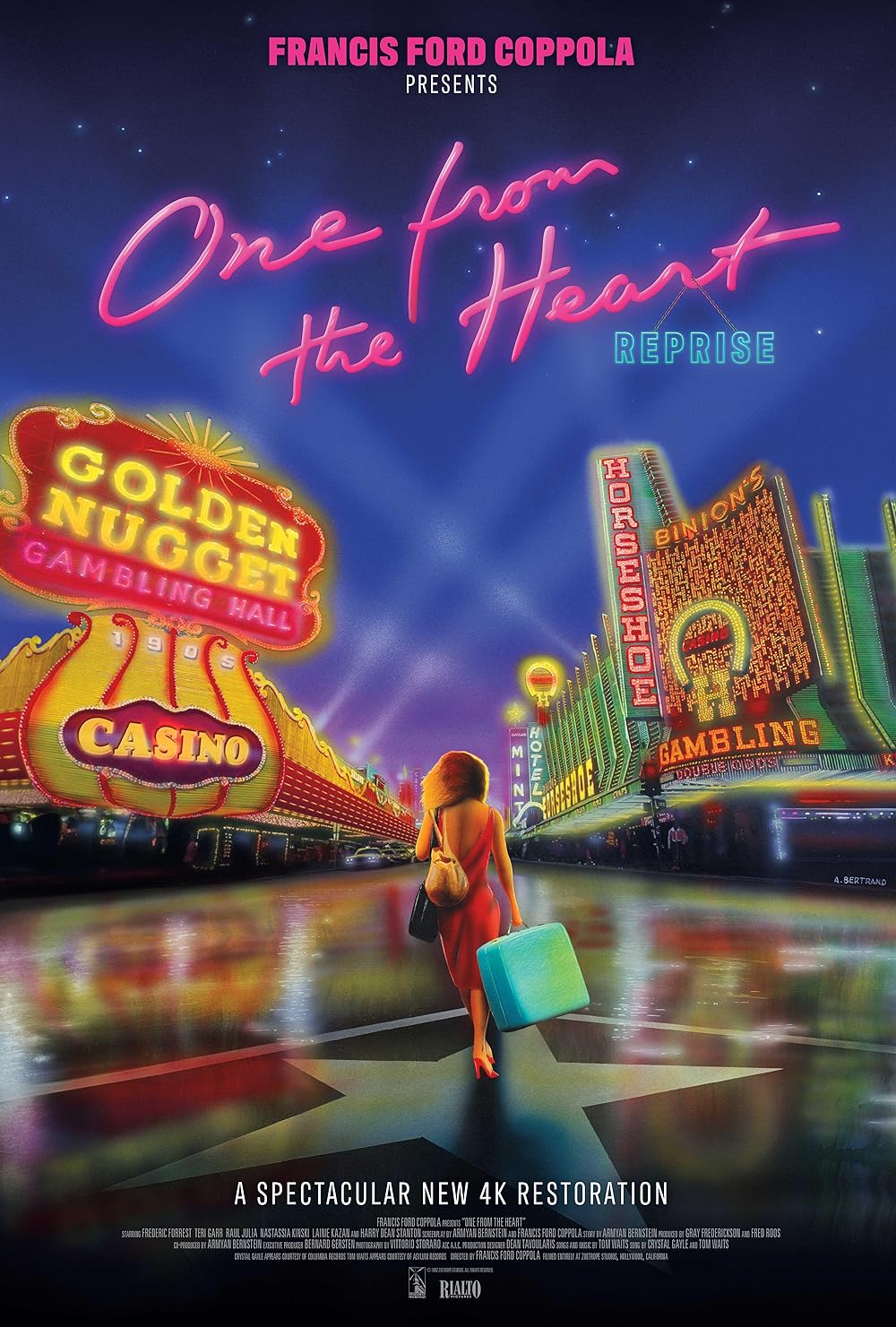
Podcast Review - Todd |

Podcast Review - Zach |
Ford Explorer Watch

Podcast Review - Adam |
2027 Oscar Predictions: Jan.

Written Article - Todd |
Terry Most Anticipated #2

Podcast Featured Review |

Podcast Review - Terry |

Podcast Review - Zach |
20th Anniversary

Podcast Oscar Review - Terry |
Ford Explorer Watch

Podcast Review - Adam |
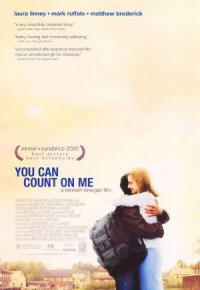
Podcast Trivia Review - Adam |
Director Blindspot Watch

Podcast Review - Todd |

Podcast Trivia Review - Todd |
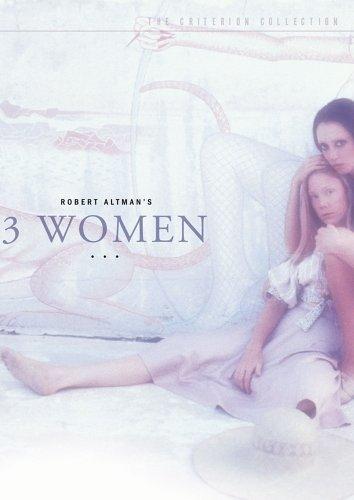
Podcast Trivia Review - Terry |
25th Anniversary

PODCAST DEEP DIVE |

Podcast Featured Review |

Podcast Review - Adam |

Podcast Review - Terry |

Podcast Review - Terry |
Indie Screener Watch

Podcast Review - Todd |
|
|
|